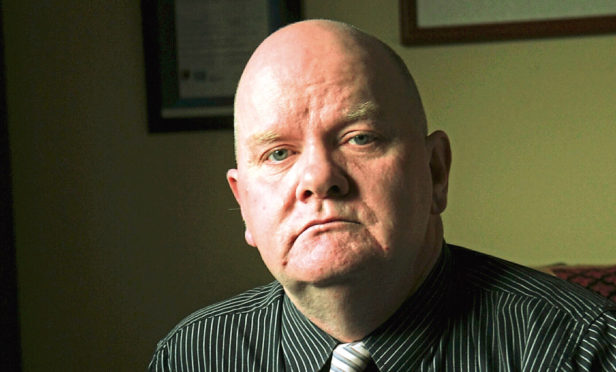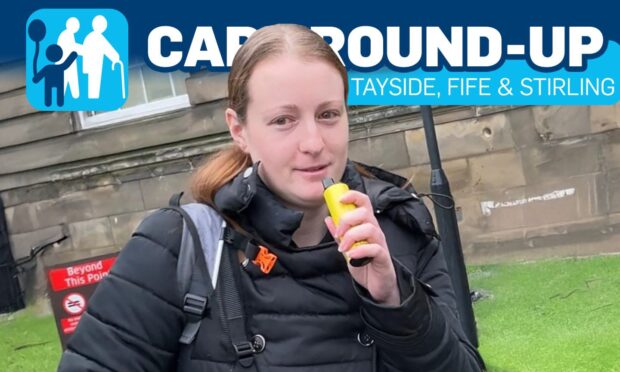Those behind Dundee’s drug services say work is already under way to speed up treatment of substance abusers, following heavy criticism.
NHS Tayside, which jointly operates services with the council, say they acknowledge pace is needed and said trials testing new methods have already begun.
It comes after a recent report branded the current system in the city “not fit-for-purpose” and “slow”, potentially contributing to Dundee’s record high drugs deaths of 66 last year.
The August report by the independent Dundee Drugs Commission, set up last year to tackle the high death toll, said all efforts should be focused “immediately” on speeding up access to treatment and removing any barriers to quick access.
It is among 10 actions the Commission says should be put in place without delay.
The Dundee Partnership, which includes the council, health board, and police, met this week to consider the actions.
In a letter to both the council and NHS Tayside, Scottish Labour MSP for North East Scotland Jenny Marra described the situation as a “human crisis” requiring “swift action” and called for a full breakdown detailing what has been done so far.
A spokesperson for umbrella organisation Dundee Health and Social Care Partnership said work is currently underway to address the points raised.
These include the introduction of same-day prescribing as a test and a reduced waiting time of two weeks for a prescriber appointment.
The spokesperson said: “We are testing a change at our Direct Access service clinics on one clinic each week.
“This will provide the opportunity to see a prescriber at Direct Access rather than returning for a prescriber appointment another day.
“This means you can be assessed for opiate substitution treatment (OST,) or for alcohol detox and if indicated prescribed the same day.
“Dispensing will then be arranged at the community pharmacy for OST or the community programme for alcohol detox.
“We will review and evaluate this test of change in six weeks with a view to increasing access to this service.”
The spokesperson added work is ongoing to provide an update on the other recommendations.
In its report, the commission found the majority of those seeking help had to wait around three weeks to start OST.
The vast majority of these had to go through the specialist Integrated Substance Misuse Service (ISMS) at Constitution House.
Conversely, it found that in Edinburgh roughly 75% of the 4000 individuals on OST are prescribed via primary care such as GPs, practice nurses or pharmacists.
The existing model of service provided by ISMS should see a “complete reconfiguration”, according to the commission, to allow different models of delivery including those in the voluntary sector and primary care.
Other immediate recommendations include tailored recovery plans, drop-in sessions running all day and a commitment to end unplanned discharges from OST.










